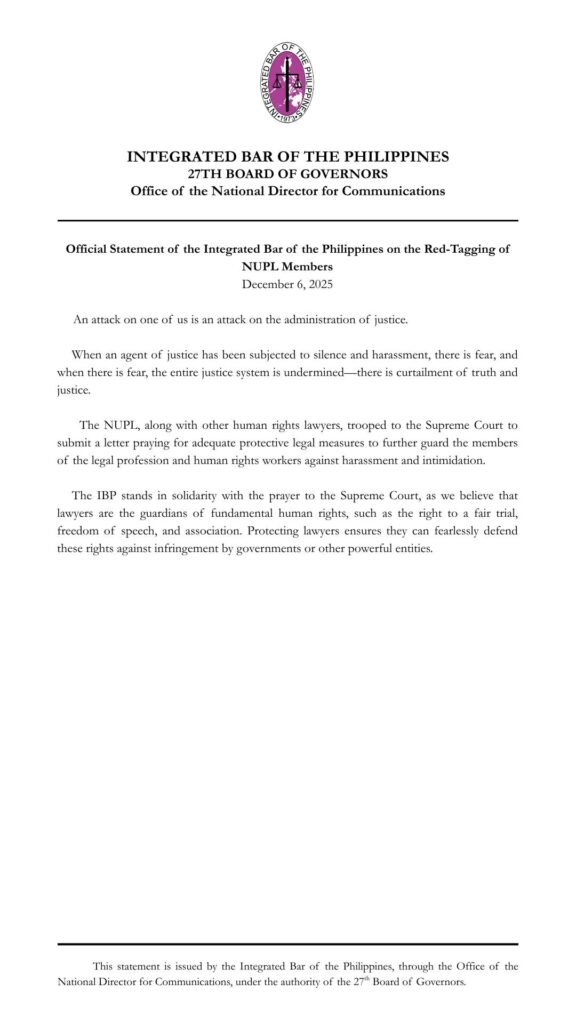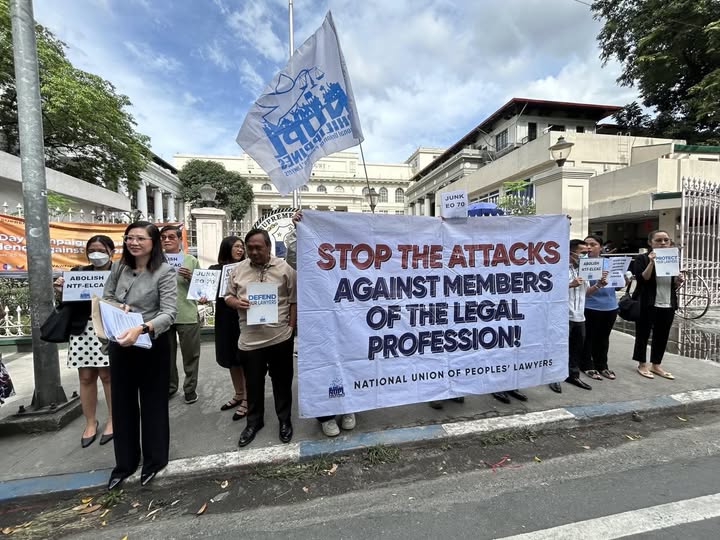The Alliance of Concerned Teachers (ACT) Private Schools has criticized the Department of Education’s (DepEd) recent announcement of a salary subsidy increase for private junior high school teachers, calling it a “gravely insufficient measure” that fails to address the systemic exploitation of educators in private institutions.
DepEd’s move to raise the annual Teachers’ Salary Subsidy (TSS) to ₱24,000 was met with cautious acknowledgment from ACT, which stressed that the increase only benefits a limited segment of the teaching workforce.
“We welcome this increase in the subsidy for junior high school teachers. However, let us be very clear: this subsidy only covers a fraction of private school teachers,” said Jonathan Geronimo, Secretary-General of ACT Private Schools. “Kinder, elementary, and senior high school teachers remain excluded, even though they face the same heavy workloads and inadequate compensation.”
Geronimo also pointed out that the subsidy’s impact is undermined by chronic delays in its release. “Most junior high school teachers have not even received their subsidy for school year 2024–2025. A subsidy that is both delayed and meager does not provide dignity, nor does it address the real needs of our private school educators.”
According to ACT, the average monthly salary of private school teachers in Metro Manila stands at just ₱17,500, with even lower wages in the provinces. The group attributes this to the government’s failure to create sufficient plantilla items and build enough public schools, leaving many educators with no choice but to accept substandard pay and precarious working conditions in private institutions.
“The government must fulfill its responsibility to protect the rights and welfare of all teachers, not just a select few,” Geronimo said. “By neglecting to expand public school positions and failing to regulate private school wages and benefits, the state is complicit in the continuing exploitation of private school teachers.”
ACT Private Schools is calling for urgent, systemic reforms, including the implementation of a nationwide ₱1,200 minimum wage for all Filipino workers—teachers included—as a concrete step toward a living wage.
“Our private school teachers play a vital role in shaping the nation, yet they continue to endure poverty wages and insecure jobs,” Geronimo concluded. “We demand not just token relief, but genuine reforms that uplift the teaching profession. Enact a ₱1,200 minimum wage nationwide now! Teachers deserve dignity, security, and just compensation.”




